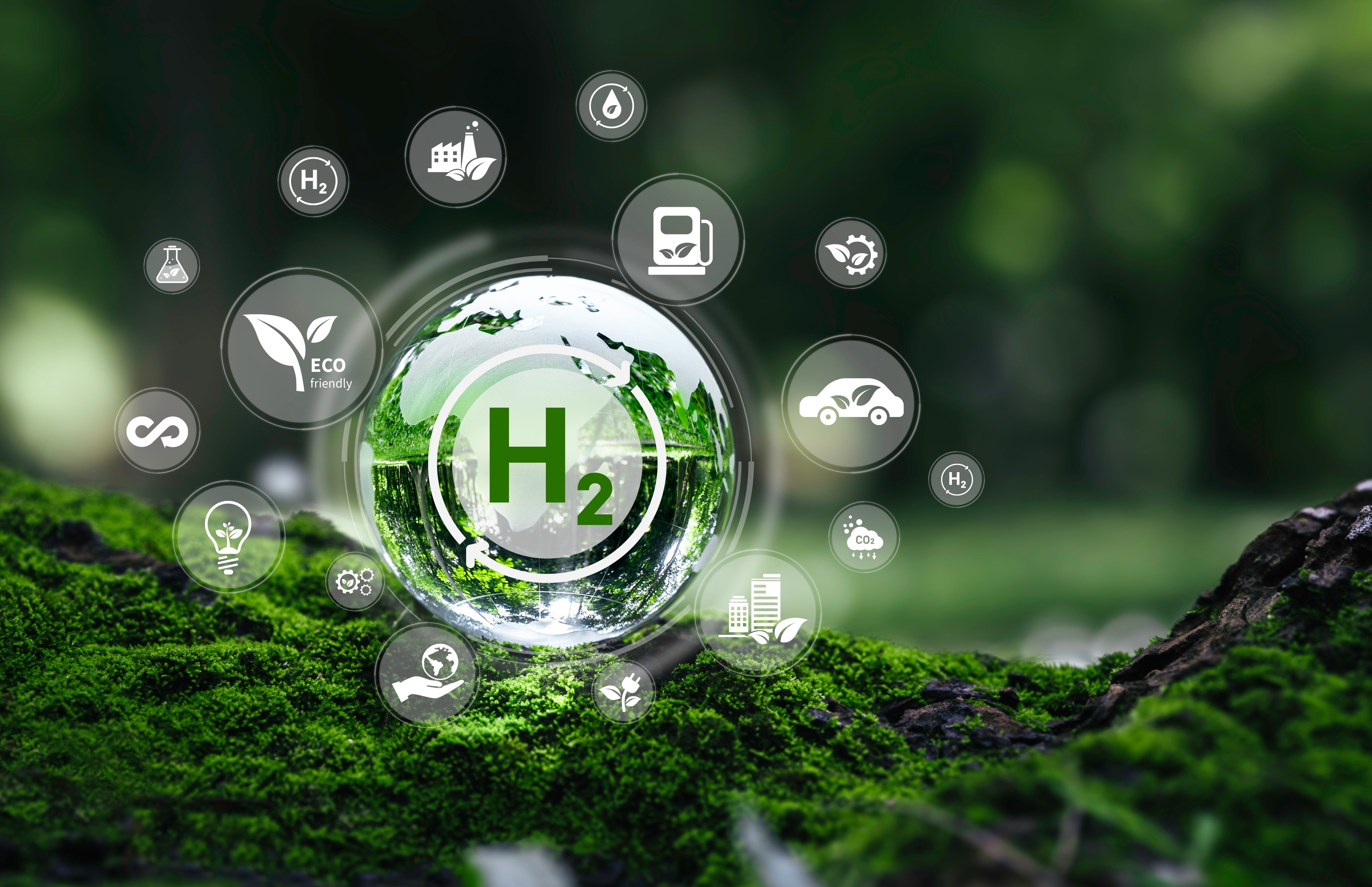1. BRIEF OVERVIEW OF THE SCHEME GUIDELINES FOR COMPONENT II
In continuation to the previous article on SIGHT Programme – Component I, an allocation of INR 13,050 crore has been made for SIGHT Programme – Component II (Programme) for production of green hydrogen and its derivatives with the objective to maximise the production of green hydrogen and its derivatives in India and increasing their cost-competitiveness while encouraging their large-scale utilisation.
The Ministry of New and Renewable Energy (MNRE) through its multiple notifications dated 28 June 2023, 16 January 2024 and 3 July 2024 issued scheme guidelines for implementation of Component II wherein it has outlined the process for conducting bids, eligibility of the bidders, methodology for selection of the bidders, disbursement of incentives to the producers, penalties on the bidders for non-compliances, periodic review of the implementation of the Programme and monitoring of the performance of green hydrogen manufacturing capacities awarded under the aforesaid scheme guidelines.
Component II has been bifurcated into:
i) Mode 1 where competitive bidding will be conducted based on least direct incentive demanded by the bidders (for the first three-year period); and
ii) Mode 2 where the implementing agency will first aggregate demand and then invite bids, wherein mode 2A is applicable to production and supply of green ammonia, and mode 2B is applicable to production and supply of green hydrogen to refineries).
The Programme will be implemented by Solar Energy Corporation of India Limited (SECI), except for mode 2B which will be implemented by oil and gas companies and Centre for High Technology, Ministry of Petroleum and Natural Gas (MoPNG).
To avoid double counting of incentives, a bidder will be eligible to claim incentive under only one mode of component II for the same quantity of green hydrogen or its derivatives produced.
2. SALIENT FEATURES OF COMPONENT II FOR IMPLEMENTATION OF THE PROGRAMME
# | Mode 1 | Mode 2A | Mode 2B |
Equivalence factor for conversion of green ammonia to green hydrogen | 0.1765 kilogram of green hydrogen for each kilogram of green ammonia
| Same as mode 1 | - |
Incentives | Capped at INR 50/ kg for the first year of production; INR 40/ kg for the second year of production; and INR 30/kg for the third year of production, and available for 3 (three) years from the date of commencement of green hydrogen production | INR 8.82/kg of production for the first year of production; INR 7.06/kg for the second year of production; and INR 5.30/kg for the third year of production, and available for 3 (three) years from the date of commencement of green ammonia production and supply | Same as mode 1, and available for 3 (three) years from the date of commencement of green hydrogen production and supply |
Eligibility criteria for bidding | Bidder’s net worth should be at least INR 1.5 Crore per thousand MTPA for biomass-based pathways or INR 15 Crores per thousand MTPA of the quoted production capacity for technology agnostic pathways | Bidder’s net worth should be at least INR 5 Crores per thousand MTPA of the quoted production and supply capacity of green ammonia
| Bidder’s net worth should be at least INR 15 Crores per thousand MTPA of the quoted production and supply capacity of green hydrogen.
|
Capacity available for bidding | 4,50,000 metric ton per annum (“MTPA”) of green hydrogen which has been categorised based on the production technology as follows: (i) 4,10,000 MTPA under technology agnostic pathways; and (ii) 40,000 MTPA under biomass-based pathways | 7,50,000 MTPA | 2,00,000 MTPA |
Additional requirement | - | Bidder will be required to execute green ammonia purchase agreement with procurer | Bidder will be required to execute green hydrogen purchase agreement with procurer |
3. COMMENTS
While the scheme guidelines issued by MNRE for implementation of the Programme represents an initial stride towards actualising the government's aspirations of positioning India as a global leader and hub for green hydrogen production, its implementation will necessitate meticulous scrutiny. The interplay between different organisations such as MNRE, SECI and external experts (for mode 1), Department of Fertilisers and MNRE (for mode 2A), and MoPNG and MNRE (for mode 2B), will be crucial and must be aligned for effective monitoring and seamless implementation of the various modes under component II of the Programme.
That said, the most lucrative aspect of these scheme guidelines is their ability to provide industry players insights on the scope and extent of the incentives to be disbursed under the Programme, which will aid them in strategising their participation effectively.

